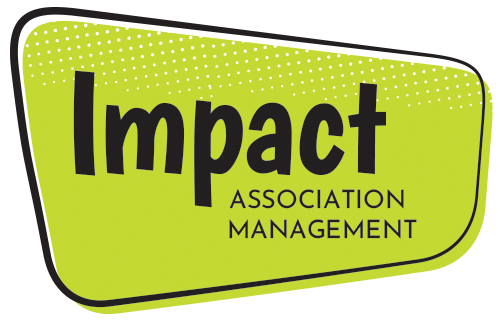I recently had the opportunity to attend the Enterprising Nonprofits conference held for the first time in Madison, WI. After a day of networking and break-out sessions, I have to say I hope it’s not the last time they hold this event here. The speakers were great, but the real stand-out were the attendees. It was a veritable Who’s Who of the Madison-area nonprofits, ranging from services to consulting to counseling.
One of the break-out sessions featured a panel that shared the “HIRE” story. It was basically the culmination of businesses and nonprofits partnering to help ease one particular problem: the employability of those returning to the community after incarceration.
In 1989, area businesses got together and assessed their hiring practices. One such business, Just Bakery, did a self-evaluation and shaped their policies around the needs of this target hiring pool. Some of the changes enacted include:
- Asking themselves: Does a degree guarantee a skillset? Removing this degree requirement opened doors across all of the jobs posted.
- Payroll advances up to 12%. This allows employees to take out payroll advances for things such as unexpected car repairs, changes in daycare, and in some cases, this provided the resources for employees to leave violent relationships.
- Earned time off. This was a new concept for some employees; some didn’t know what it meant, and they had to make sure to explain after one employee didn’t understand that that was time available for them to take vacation. In this case, this employee was 40 years old and had never had paid vacation time.
- Goal: Get everyone to be making $15/hr.
- Provide Flex-time (gives employees flexibility to go to school themselves, and/or get kids to school).
- 12 week vocational training.
- As an example, Cranberry Creek turns to these graduates first when looking to hire. They had one entry-level hire promote through to management, with many more stories like it.
The panel also shared the Caminos program:
This is an accelerated training program that grants a CNA, but also includes soft skills training (how to dress, how to interview, transportation, etc.).
The program is made up of four components: academic, out of class, online, and community engagement. All of the program graduates that they’ve placed into CNA positions earn $15/hr.
One of the keys to the success of this program was taking a look at the barriers to employment. In Wisconsin, a WI Caregiver background check is required, the cost of which is $1-$2 per page. Depending on the length of the report, the cost can be prohibitive for a candidate. So UW Health partnered with other organizations to sponsor those fees. To date, they’ve placed hundreds of candidates, and have plans to expand the program to include other medical certifications.
These are just a couple examples, but show the difference employers can make not just for their employees, but for the business culture they choose to curate. Let impact know if you need a hand with your business or nonprofit culture.
